Jack Butcher’s latest project, Gas Wars, explores one of the most overlooked forces in how we understand success: survivorship bias. Built as a visually striking and conceptually layered Art Blocks Curated release, the collection turns data distortion into design — showing us not just what made it through, but what didn’t.
In this interview, Butcher unpacks the ideas behind the project, including why damage is designed into the artwork, and how the mint itself becomes a live experiment in value, decision-making, and behavior. With only one Art Blocks Curated drop left after this one, Gas Wars is a fitting meditation on what we see, what we miss, and what’s left behind.
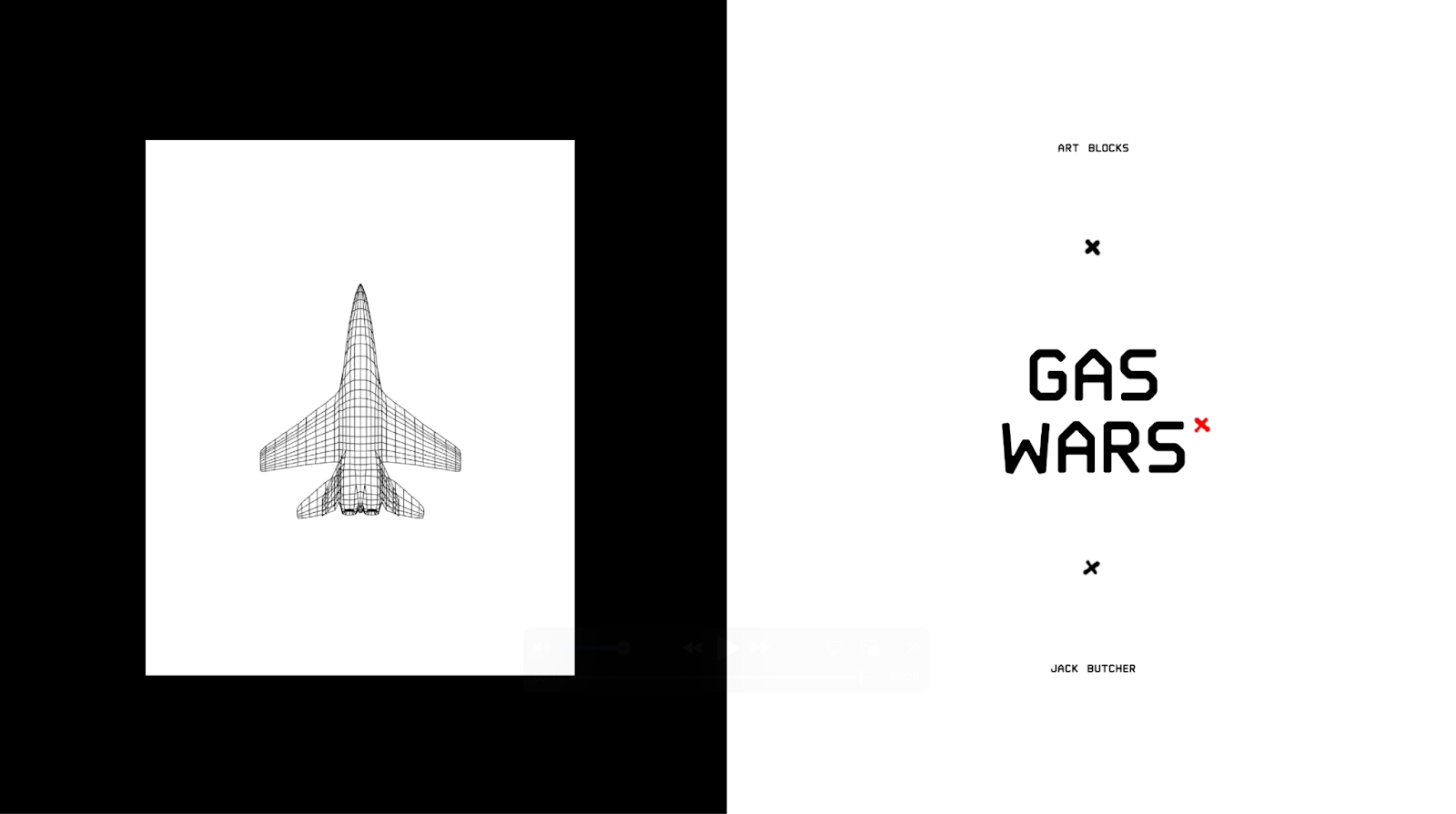
OpenSea: To begin — can you share a bit about your background and what led you to working at the intersection of design, storytelling, and web3?
Jack Butcher: Studied graphic design in the UK, worked in NYC agencies for a decade, eventually started my own and iterated my way to Visualize Value, taking complex ideas and simplifying them into minimal visuals. Built community through that work, got introduced to Ethereum and NFTs, started minting in early 2021.
OpenSea: Your latest project Gas Wars is rooted in the Abraham Wald story about survivorship bias. What drew you to that metaphor and how does it reflect your experience?
Jack Butcher: We reverse-engineer success from survivors while ignoring the wreckage that holds real intelligence. Gas Wars makes this visible.
OpenSea: The aircraft visuals in this project are striking. Why wireframes? And how did the concept of "damage" evolve into a storytelling mechanic tied directly to token number?
Jack Butcher: The damage mechanic tied to token number eliminates any pretense that this is random or 'fair.' It's completely deterministic, you know exactly how many bullets your plane will face before you buy it. That creates this perverse market dynamic where early tokens become survival sanctuaries that everyone fights over, while late tokens become expensive exercises in watching something get destroyed.

OpenSea: You've consistently used minimalism to distill complex systems — especially with Visualize Value. How does Gas Wars extend or depart from that visual philosophy?
Jack Butcher: VV shows how things work, Gas Wars shows how things break. Both make the invisible visible.
OpenSea: During the mint, all 500 pieces will be available, and people can pick any one they want — with prices going up from #1 to #500. What kind of choices do you think this setup will lead to? Are you hoping to spark any specific reactions or behaviors from collectors?
Jack Butcher: Everyone will likely rush for cheap, “safe” tokens, creating the literal 'gas wars' while expensive tokens containing the most information sit untouched. That choice becomes part of the artwork, the mint mechanics generate the survivorship bias the work comments on.
OpenSea: There’s an irony in how this drop is structured — higher-numbered tokens cost more, but they also show more damage. What are you trying to say with that?
Jack Butcher: You're paying for information. The most expensive tokens hold the deepest truths about failure.
OpenSea: Gas Wars feels like a tribute to the builders in crypto — the ones who made it back, and the ones who didn’t. Was this project a personal reflection on your own journey, or more of a universal lens?
Jack Butcher: Survivorship bias operates everywhere, not just crypto. The builders who didn't make it back exist in every industry, we just don't study them.
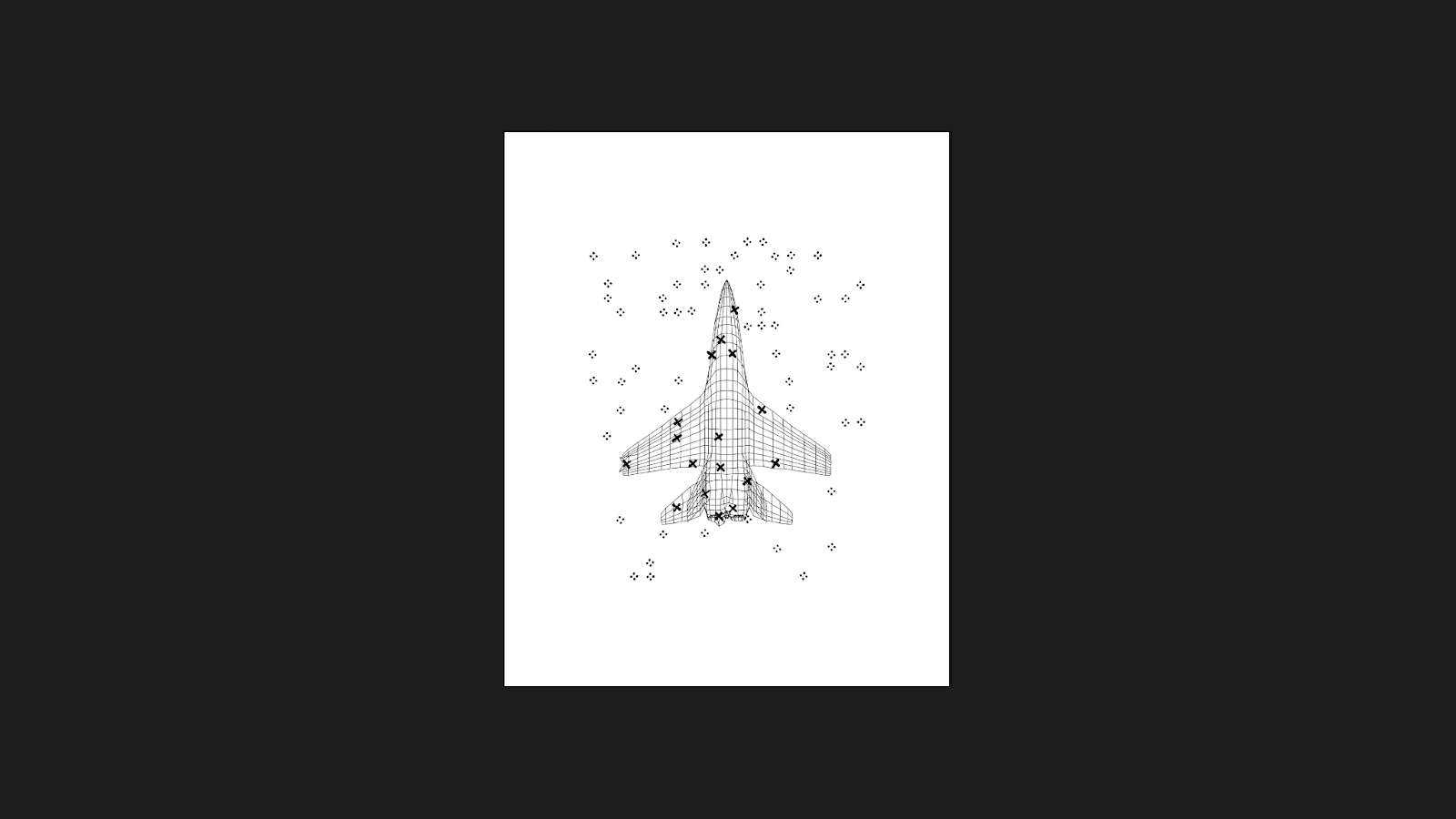
OpenSea: This is the second-to-last Art Blocks Curated release. How did that context shape your thinking and approach to the project?
Jack Butcher: The Art Blocks 500 is a survivorship bias filter itself. Even within that exclusive container, survival is not assured.
OpenSea: You’ve tackled themes like identity and experimentation. Where does Gas Wars sit in your progression as an artist and what did it teach you that previous projects didn’t?
Jack Butcher: It’s another system informed by the behavior of those that interact with it. The overarching message is that destruction contains more information than survival.
OpenSea: Ultimately, what do you hope people feel when they choose a token during the mint? Is this about chaos, ego, strategy or something else entirely?
Jack Butcher: The split-second decision reveals how they actually think about risk, value, and survival. The choice you make in those 500 seconds becomes a mirror.
.png)


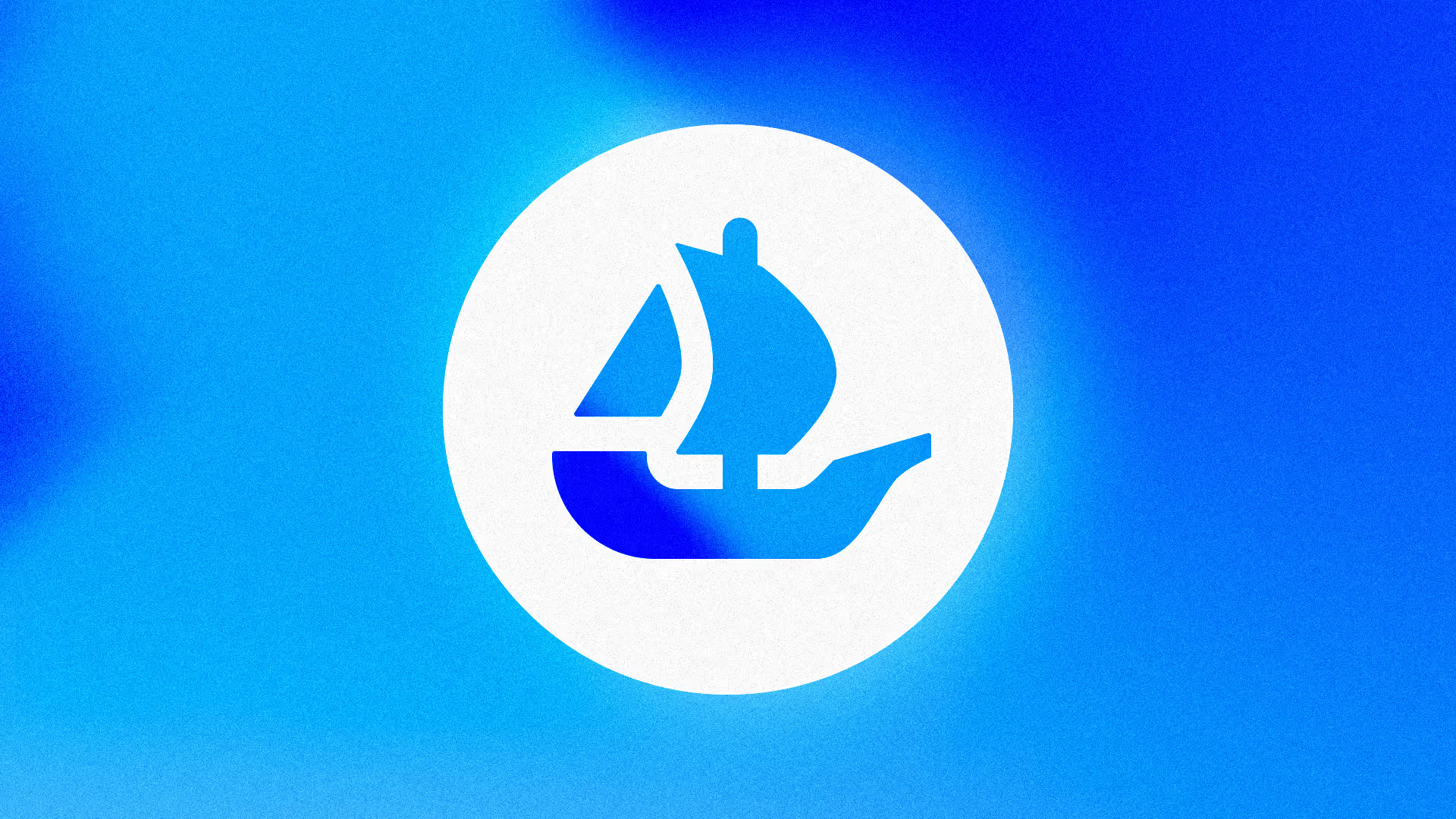
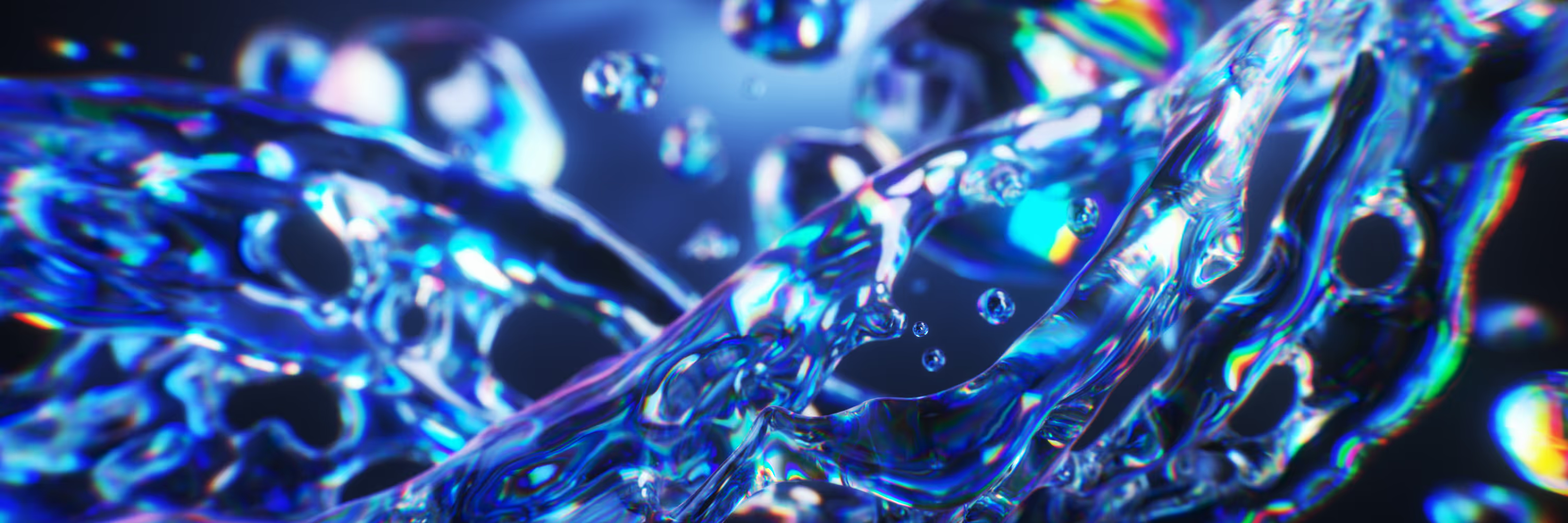
.avif)
.png)
.png)
.png)

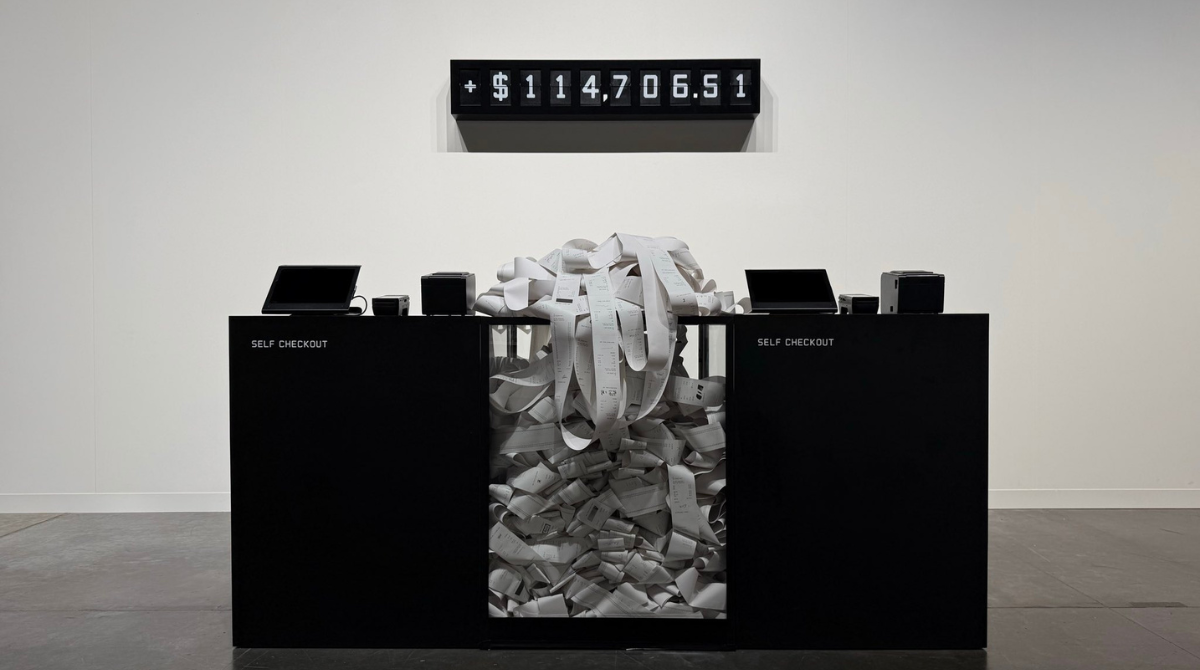
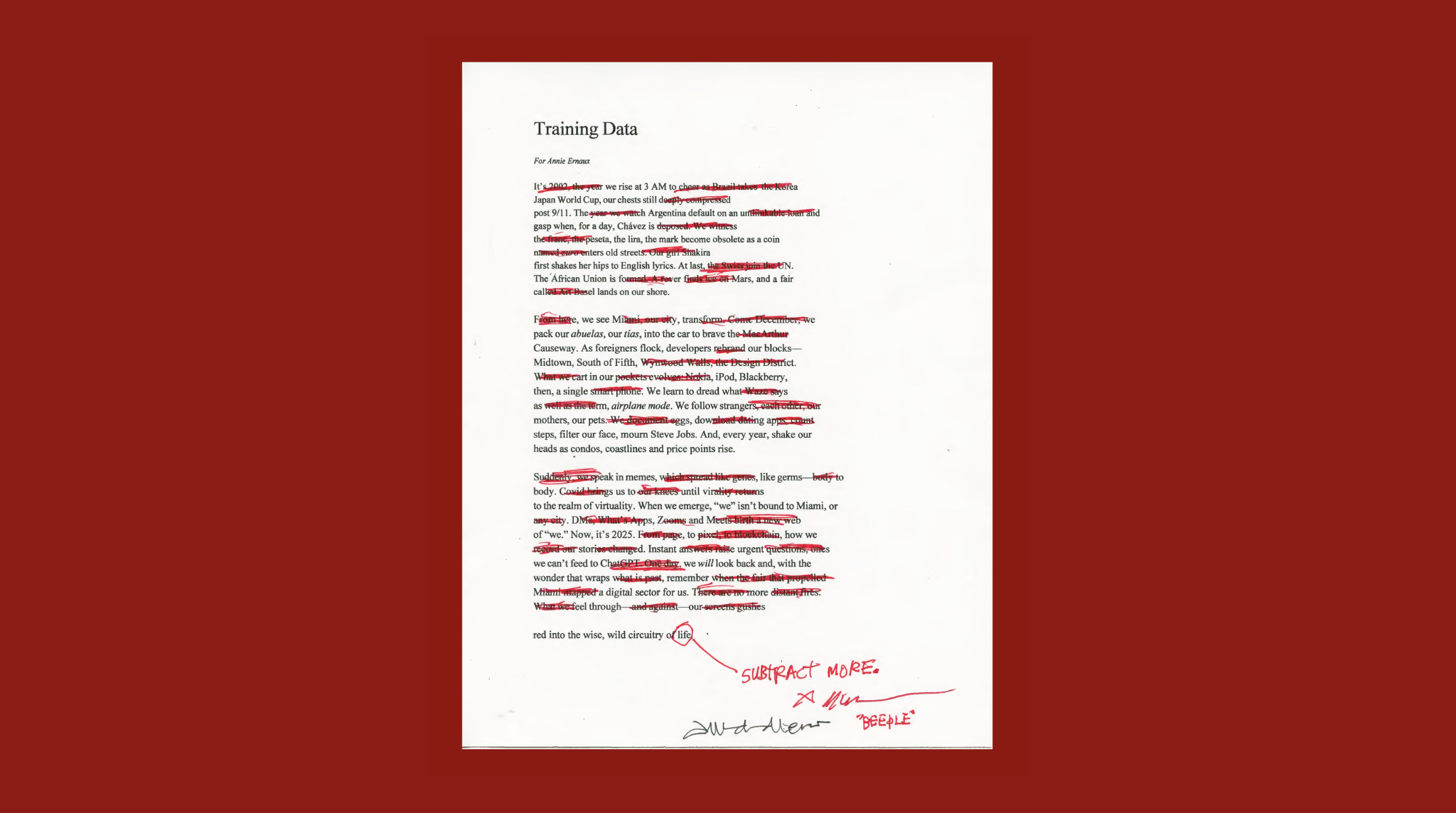
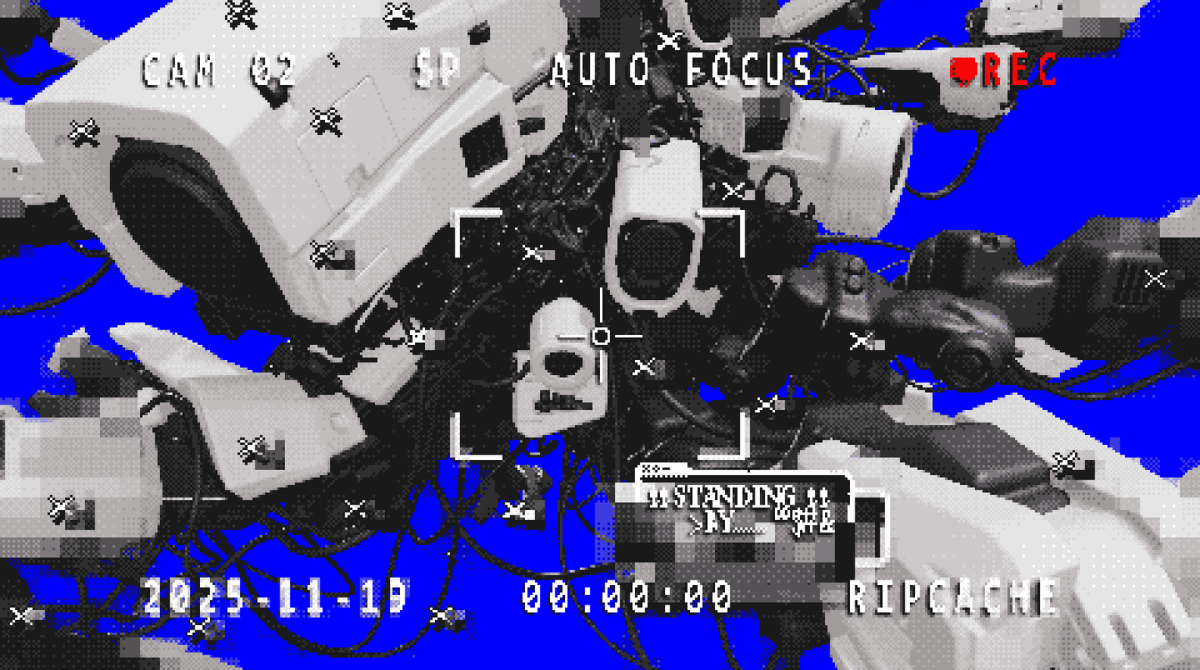
.png)